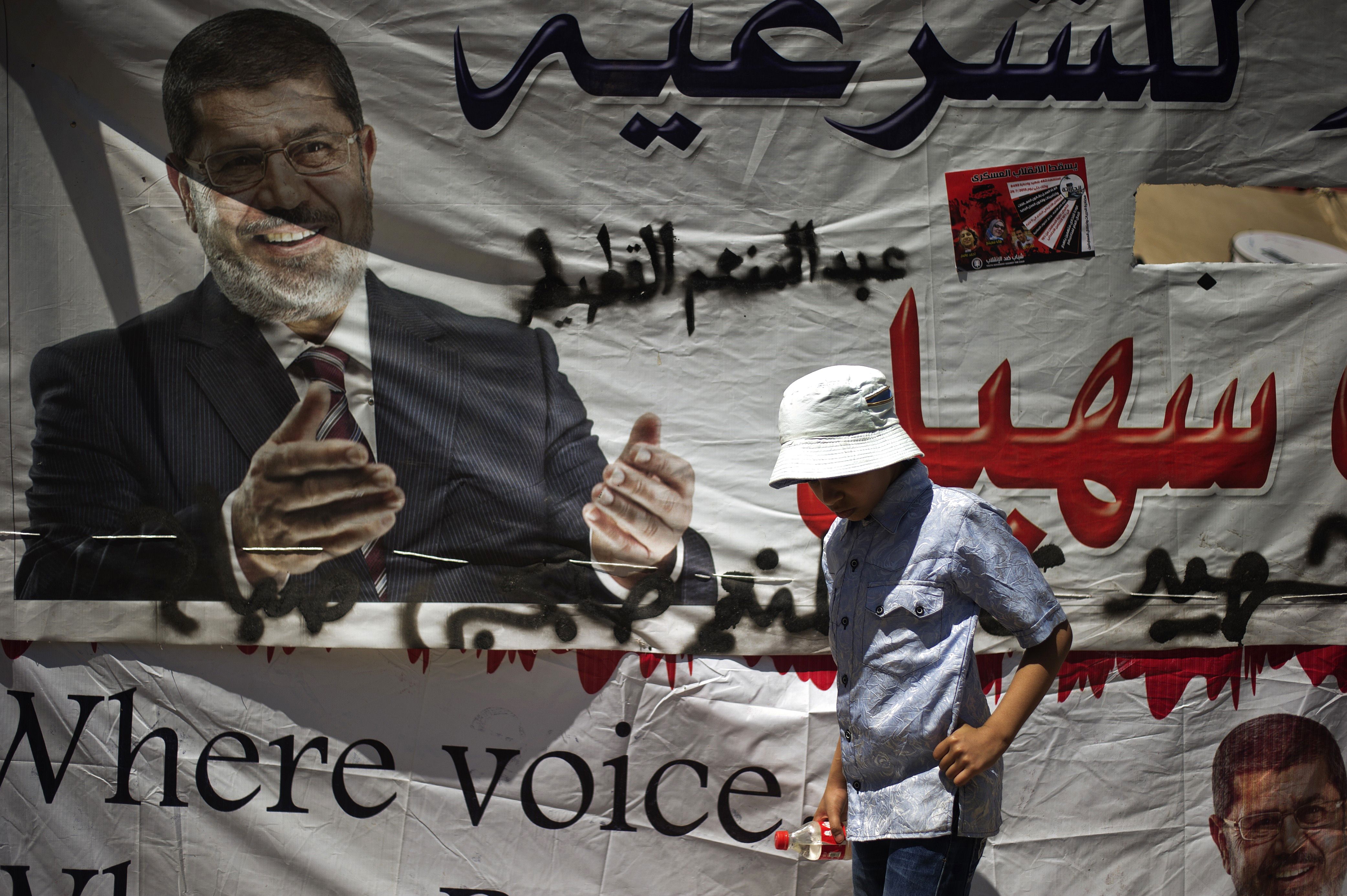It is too early to judge the fate of the Muslim Brotherhood and the possibility of it experiencing internal division. In Egypt’s case, we are talking about the parent Brotherhood group and not one of its branches, which means that any shift in the organization will have repercussions on the whole Brotherhood entity, which extends from the Arab and Islamic worlds to America and Europe.
Senior figures like Abdel Moneim Aboul-Fotouh left the Brotherhood’s ranks when it announced its intention not to contest the presidential elections following the revolution that ousted Hosni Mubarak. They were attempting to capitalize on the Brotherhood’s decision not to run in the elections—which was eventually reversed.
Another figure was the founder of the Al-Wasat Party, Abu Ela Madi, in an era before the changes witnessed by Egypt and by the Brotherhood, when the argument was powerful about the establishment of a political party to represent the Brotherhood.
But despite the departures of Aboul-Fotouh and Madi, too few senior personalities left to cause a large-scale revolution, which could have led to the collapse of the leadership system of the Brotherhood.
Now, the Brotherhood’s leadership has to get past the confusion surrounding Mursi’s ouster, which it calls a coup and refuses to accept. If the army succeeds in making Mursi part of the past, the Brotherhood in Egypt will have to bear the repercussions or be erased. It is a test of their ability to survive.
This test may resemble the path of Turkey, where the toppling of Necmettin Erbakan brought about a historic settlement that allowed the arrival of Recep Tayyip Erdoğan to power. He took advantage of that broad success, based on the recognition of the existence of the military in return for opening the door of political freedoms.
It is still possible that a solution to the post-Mursi strife could be found that both saves the face of the Brotherhood’s leadership and makes it part of Egyptian political life in the future. If this happens, it will mean that internal divisions within the Brotherhood serious enough to affect its future are unlikely. In turn, this would make change within the Brotherhood difficult, because it would strengthen the position of the current leadership and give them long-term control of the decision-making process.
We must clarify here that the Guidance Bureau is seen as the supreme leadership body within the Muslim Brotherhood, and therefore, disobeying it is tantamount to challenging the decisions of the General Guide and the Brotherhood leadership. Those who challenge the decisions of the Guidance Bureau face a number of internal disciplinary procedures, usually involving interrogation over the circumstances that led to the member’s rejection of leadership decisions.
Such procedures are also in place for when members raise objections to the Muslim Brotherhood, whether internally or externally through, for example, the media or public discussion. This has turned into an embarrassing and unavoidable issue, forcing the leadership to stand its ground and force those who object to their positions to leave the Brotherhood.
Even objections raised internally usually end with the objectors retracting their statements, especially when an individual stands alone in his objections. This might take the form of a direct apology or an explanation of the issue, which is considered an informal retraction.
The counterpoint to this piece can be read here.
